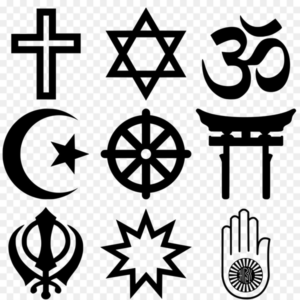
Trump’s pick to head FCC plans crackdown on ‘unprecedented surge’ in censorship by Big Tech
President-elect Donald Trump’s choice to lead the Federal Communications Commission is taking aim at NewsGuard, the media-monitoring company that works to sideline and demonetize some conservative outlets and non-legacy media by labeling them “misinformation.”



